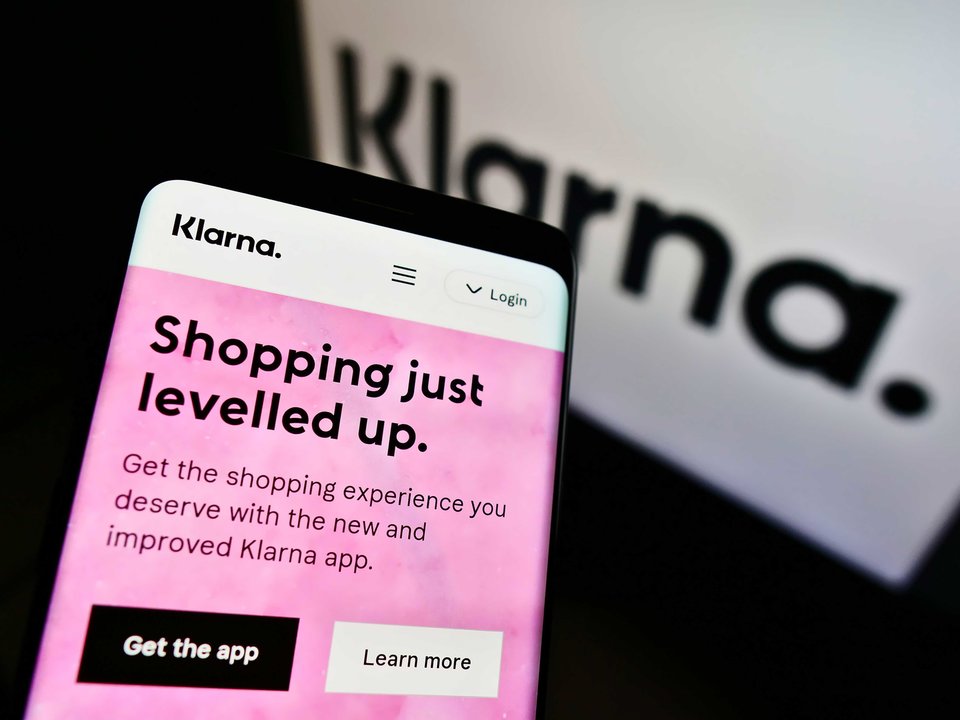The briefing on technology
The latest news, trends and data on technology
Technology news in numbers
£100
The new contactless payment limit announced in Rishi Sunak’s second Budget, raising the bar from the previous £45 introduced one year before at the beginning of the pandemic. Fintech leaders applauded the initiative.
£272m
The amount injected into Starling Bank via the neobank’s Series D funding round, pushing its valuation past the £1.1bn mark and making the fintech the UK’s latest tech unicorn.
5,800
The number of workers at Amazon’s Bessemer, Alabama warehouse that voted in March whether or not to form the company’s first union.
$297m
The price Square paid for music-streaming platform TIDAL, bringing rapper Jay-Z onto the payment processing company’s board.
$170m
The amount startup Skydio secured in its Series D round to keep developing its autonomous and AI-powered drones.
5
The number of stars in the Google reviews consumer watchdog Which? got for a fake company as part of an investigation into fake ratings in the search engine’s results.
Top story

From the news
Volvo to phase out non-electric cars by 2030
Volvo has announced it will phase out the sale of fossil fuel and hybrid cars by 2030. By then, the Swedish carmaker will only sell electric cars globally, and will no longer sell those with internal combustion engines. Volvo said this was part of its “ambitious climate plan” to reduce its carbon footprint and motivated by expectations that consumer acceptance of electric cars will grow in the next few years.
Source
Zoom caps off explosive year of growth with Q4 revenue up 369%
Zoom capped off an explosive year of growth with fourth-quarter revenue of $882.5m – a 369% year-on-year surge. For the quarter ended 31 January, the video conferencing company reported a $260.4m net income, up by a staggering 1,602% from the $15.3m reported a year ago. In 2020 the San Jose, California-headquartered firm became a neologism for video calls as businesses and consumers relied on its software to communicate during Covid-19 lockdowns.
Source
Deliveroo orders a tasty serving of London in public listing decision
Having gobbled up a healthy chunk of the global food delivery market, Deliveroo has now picked London for its public listing. The gig economy unicorn said it was considering floating via a dual-share structure, which would allow CEO and co-founder Will Shu to maintain his influence over the future of the company.
Source
Twitter introduces strike system for vaccine misinformation
Twitter is introducing a strike system as part of its effort to control the spread of misleading content as part of its strategy to “remove the most harmful Covid-19 misleading information from the service”. Two strikes will result in a user’s account being locked for 12 hours, with accounts locked for 24 hours in the event of a third offence. A seven-day account lock is the penalty for four strikes, followed by a permanent ban for five or more.
Source
Google won’t replace alternative tracking tools
Google has said it won’t build alternative tracking tools after it phases out third-party cookies in its Chrome browser. Privacy activists and advertising communities have given mixed reactions to the multi-trillion dollar company’s decision to not create alternative individual-user-level tracking tools. Last year Google set out its intentions to remove support for third-party cookies from 2022 in a move towards “a more privacy-first web”.
Source
Cybercriminals race to take over Exchange Servers in bulk for later plundering
The number of organisations compromised by the Microsoft Exchange Server hack continues to grow as security researchers warned that organised cybercrime groups are scanning internet-facing Exchange servers, compromising those that are unpatched now and deciding later which servers warrant post-compromise activity.
Source
BACK TO TOP